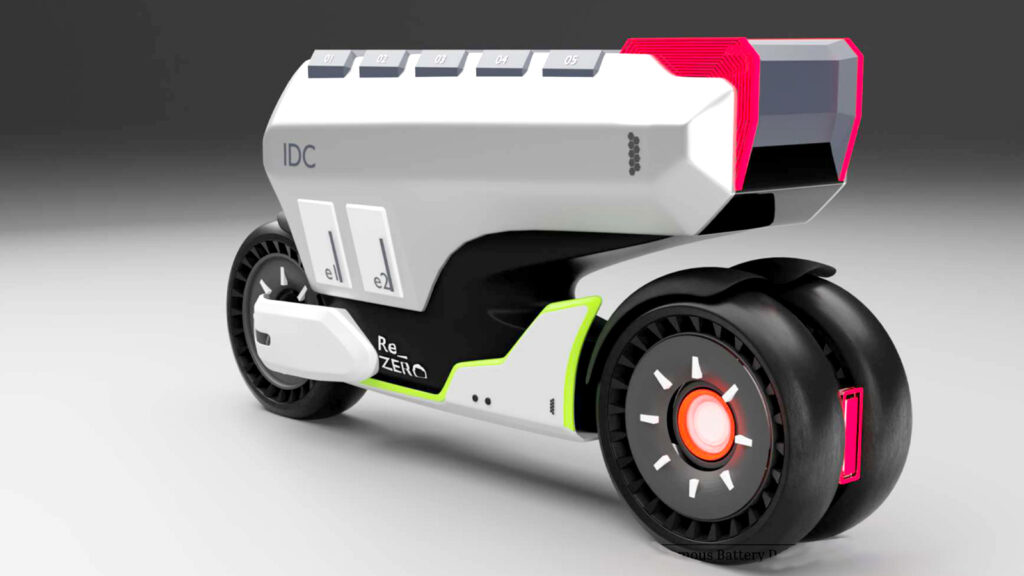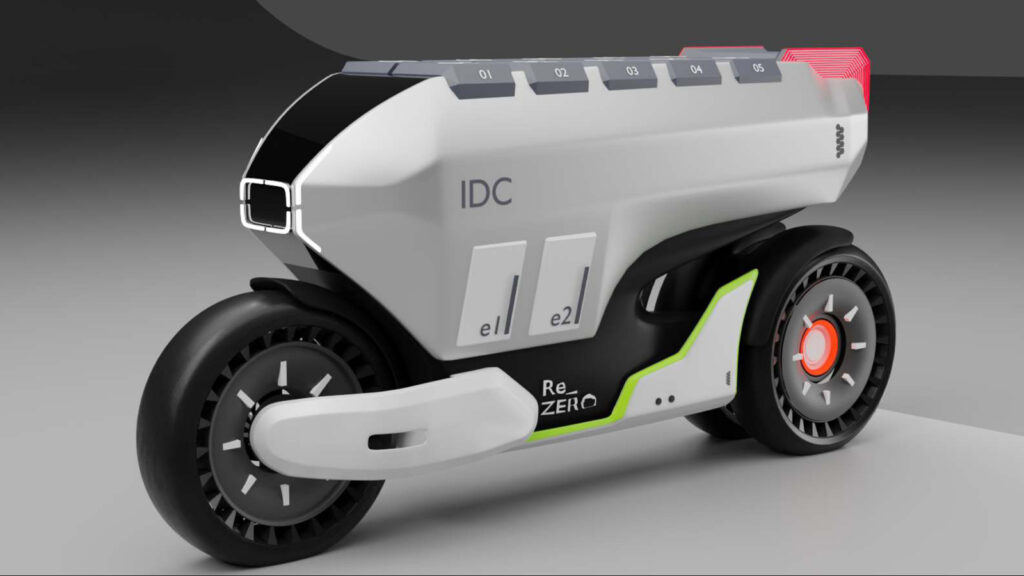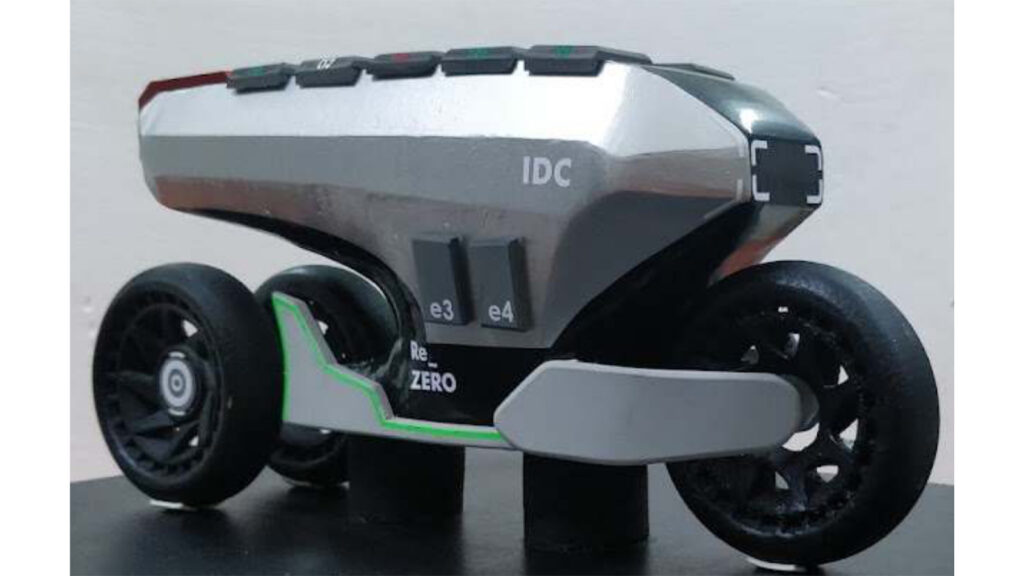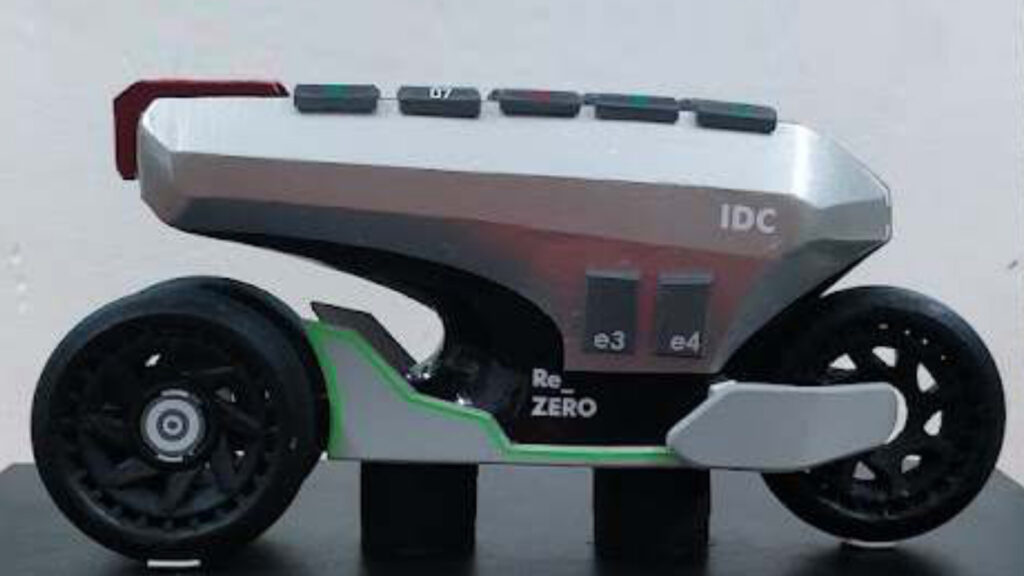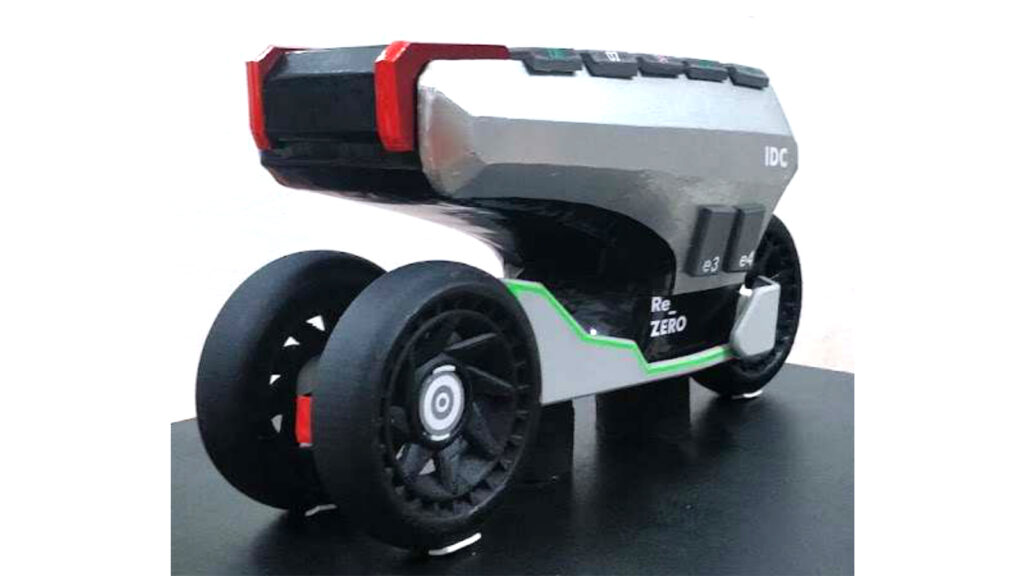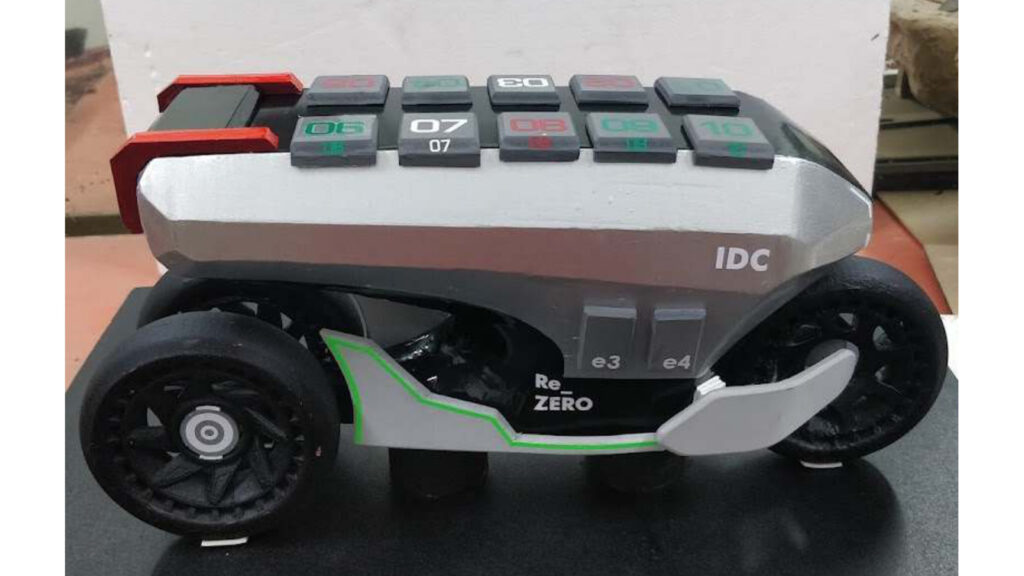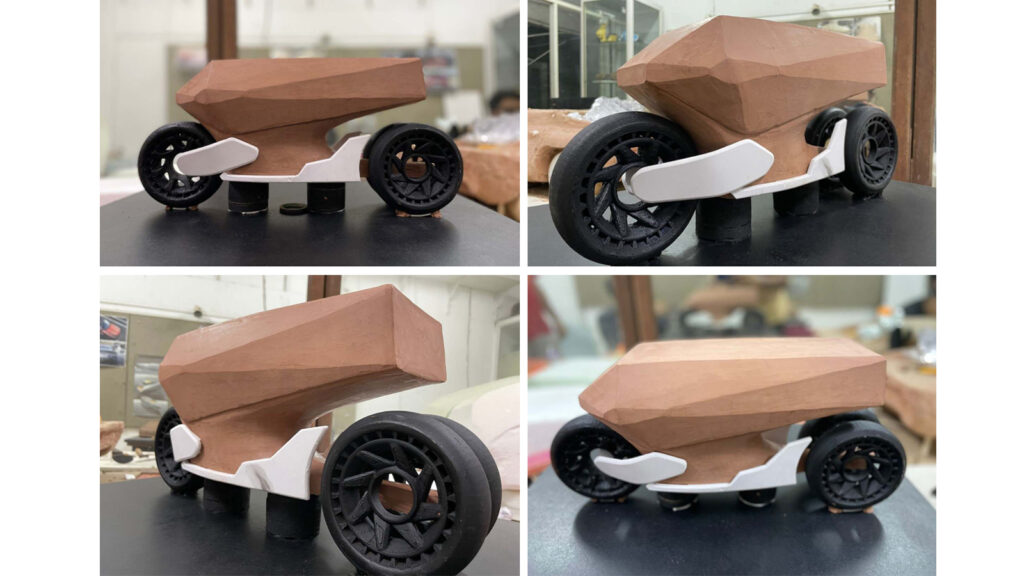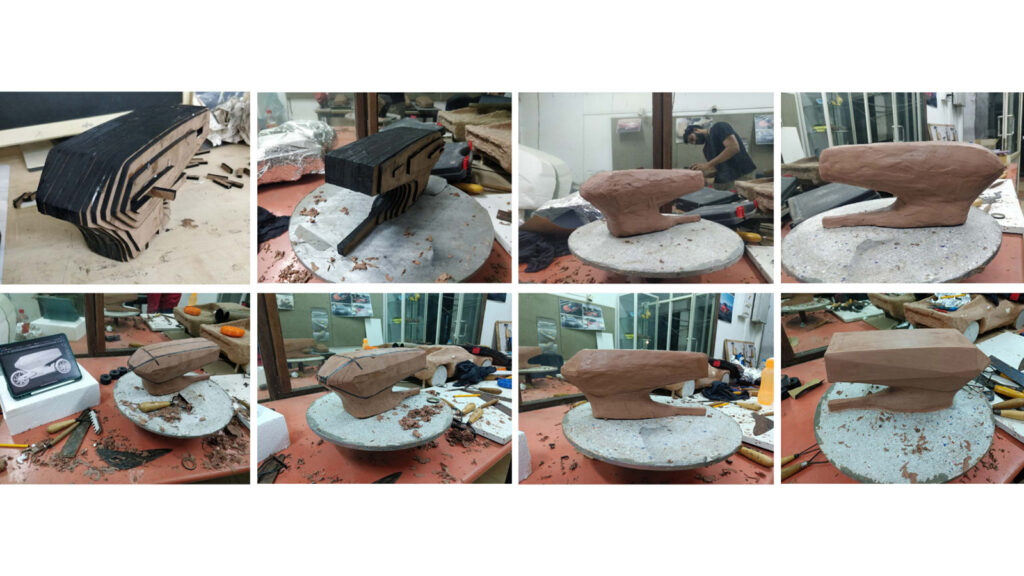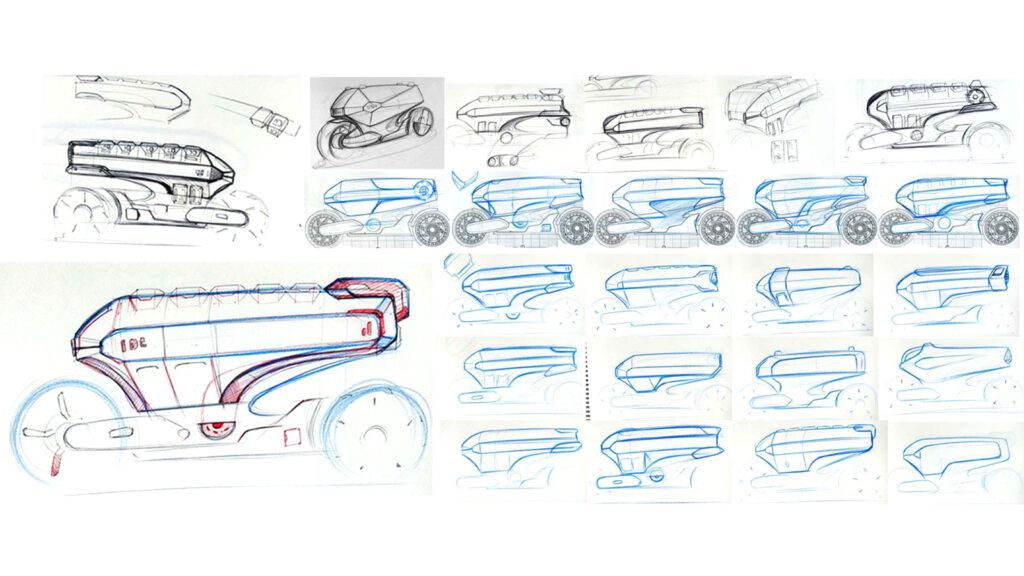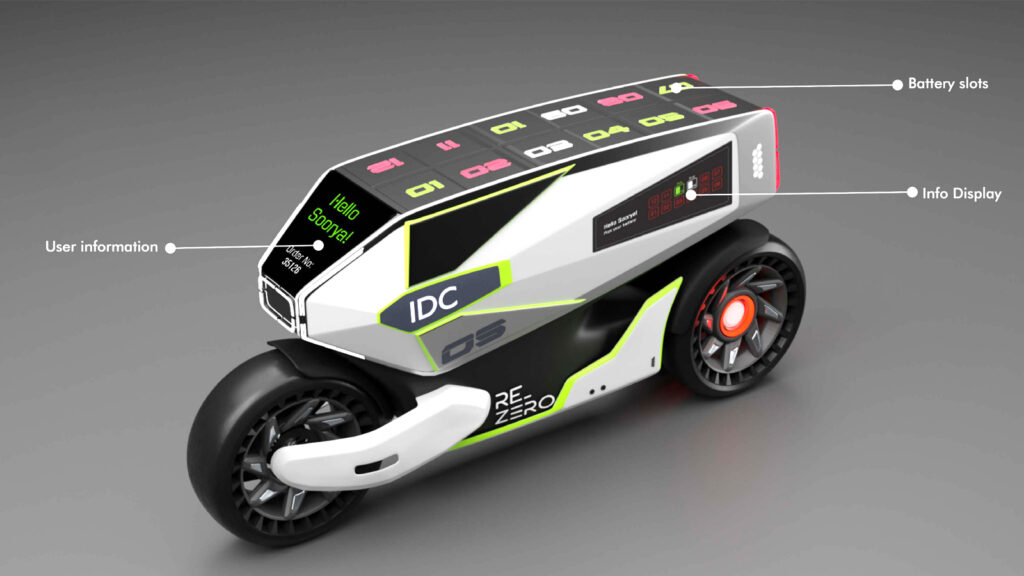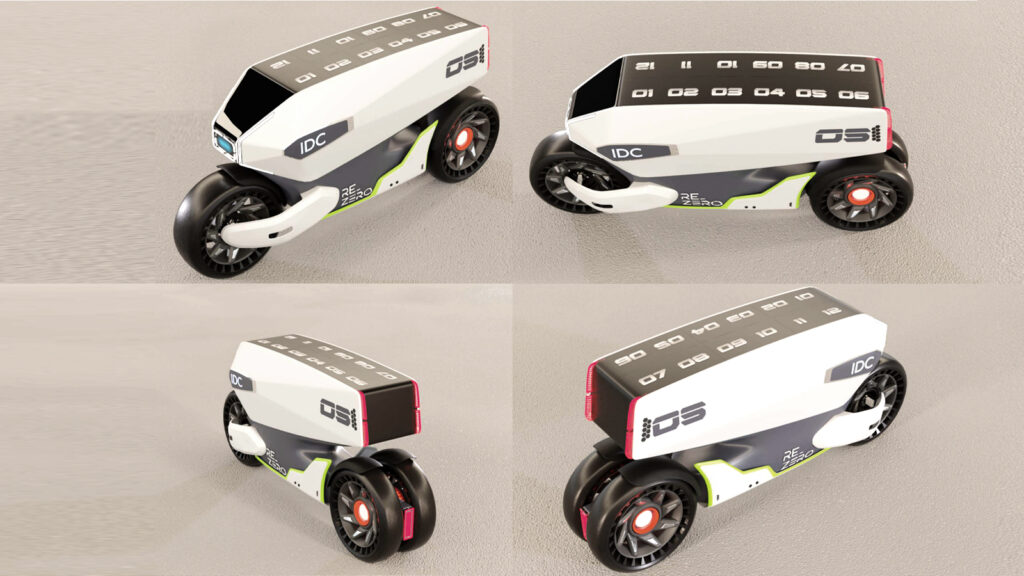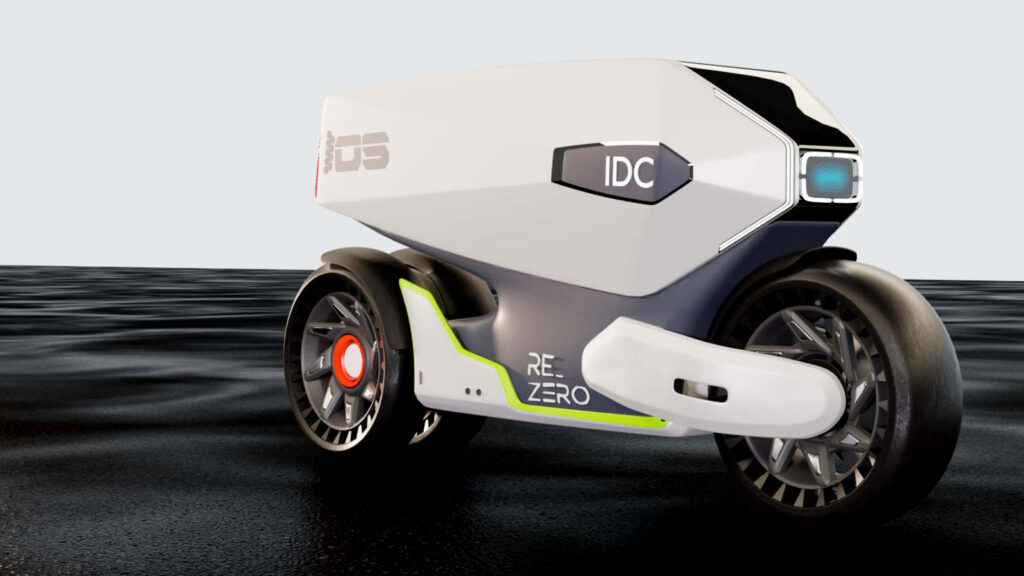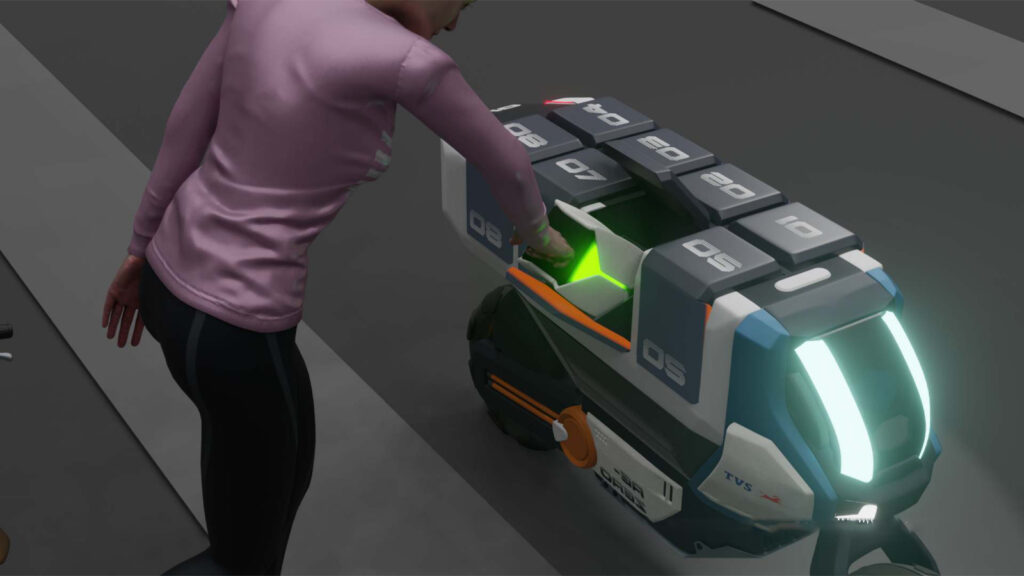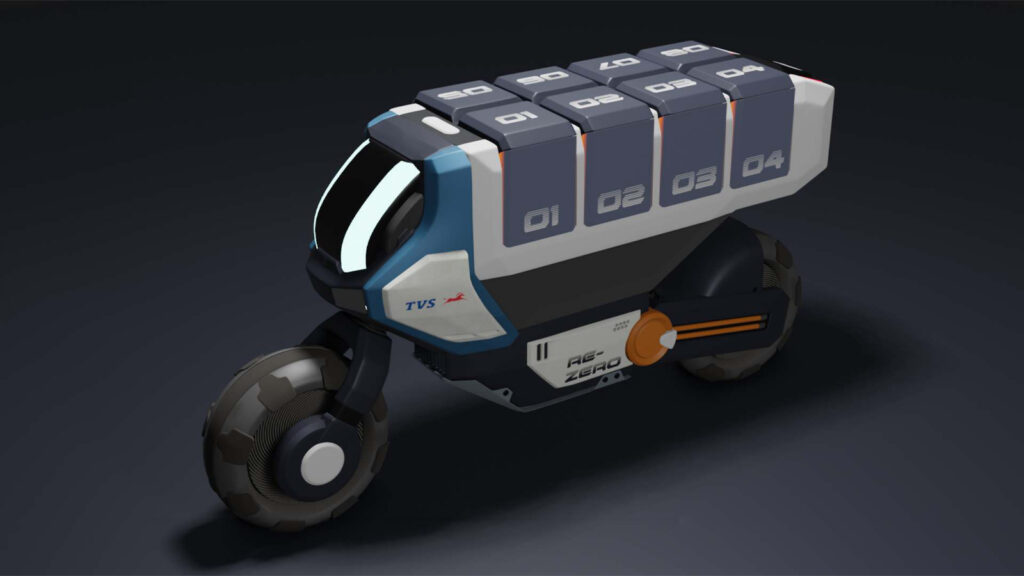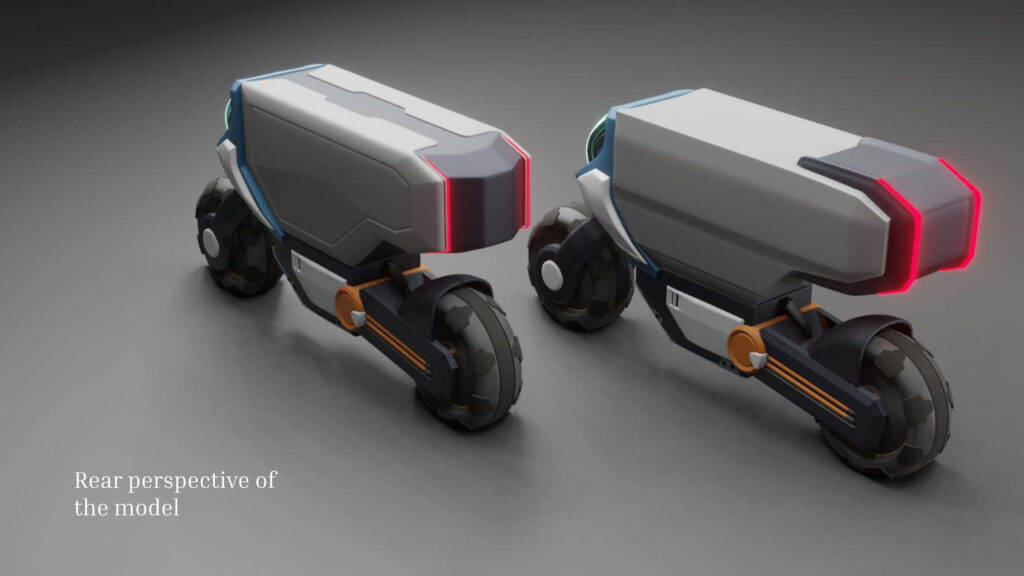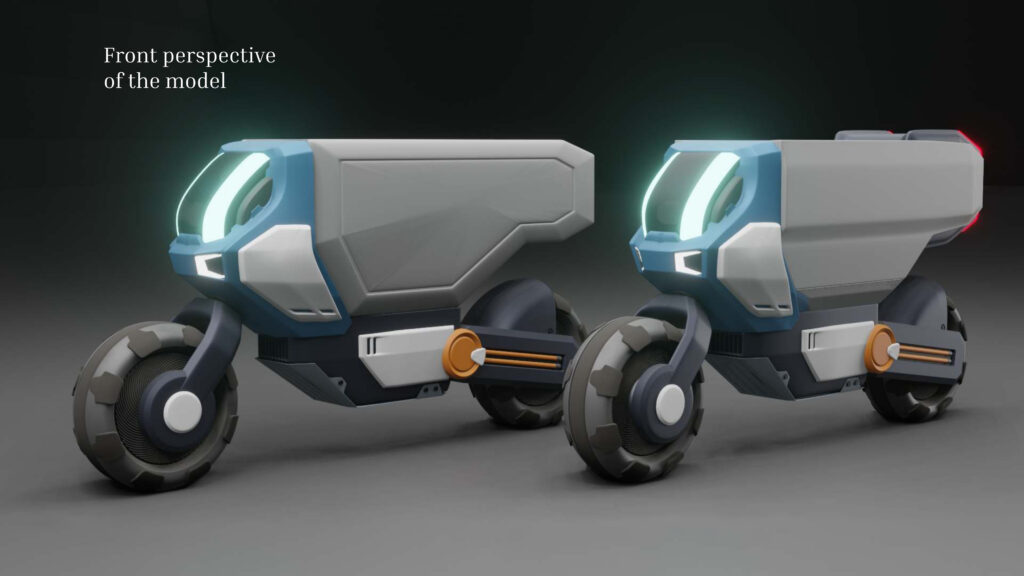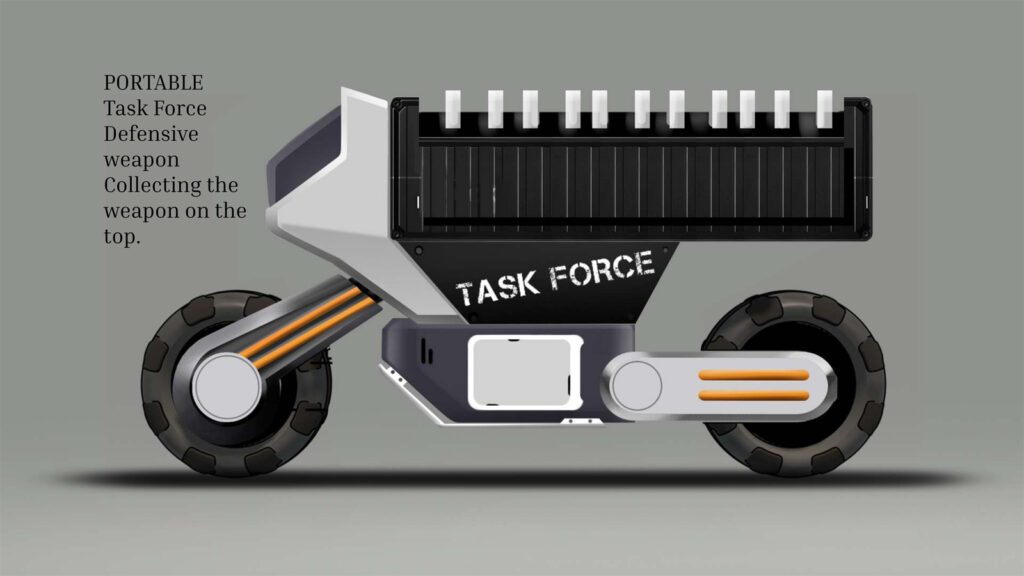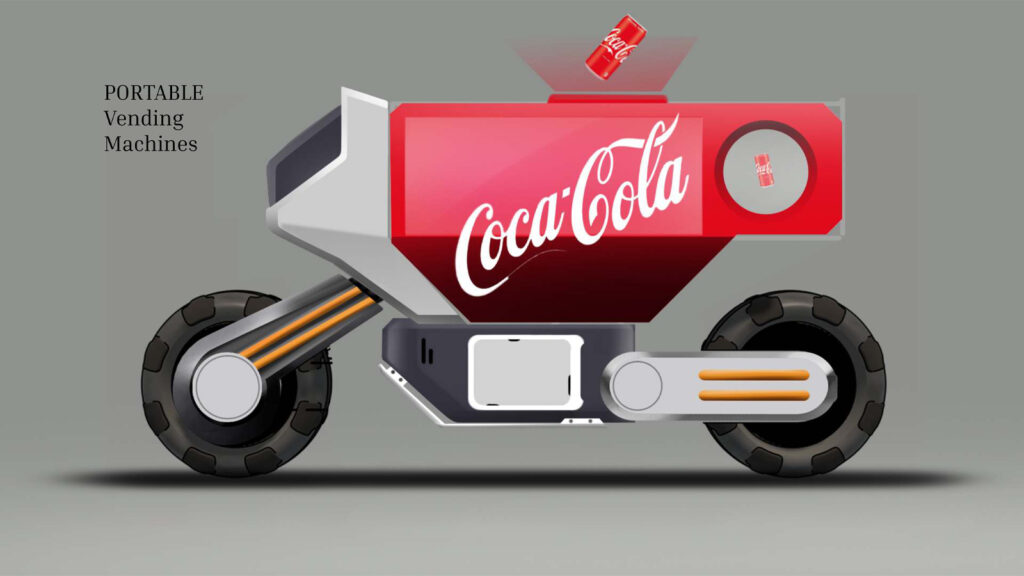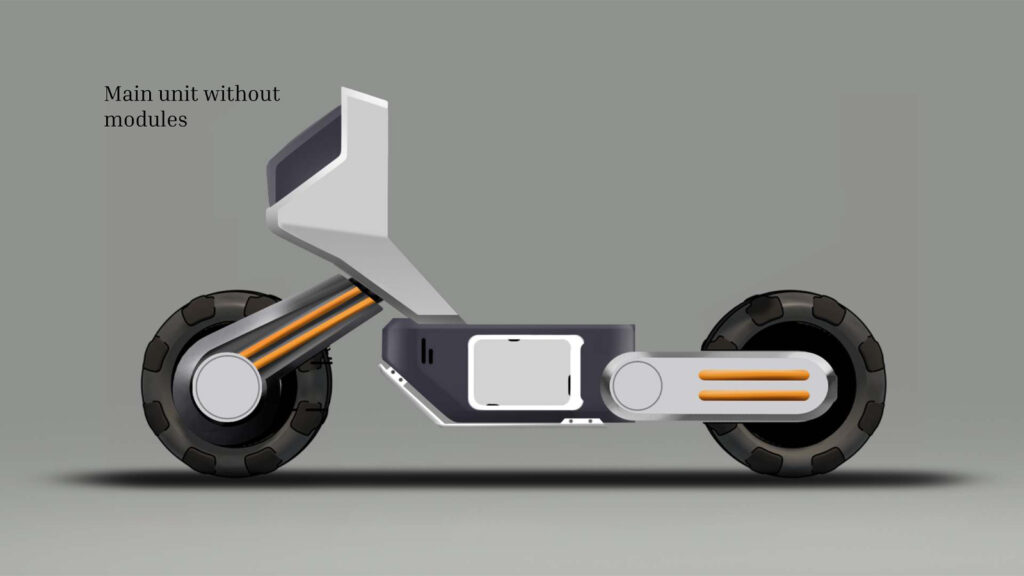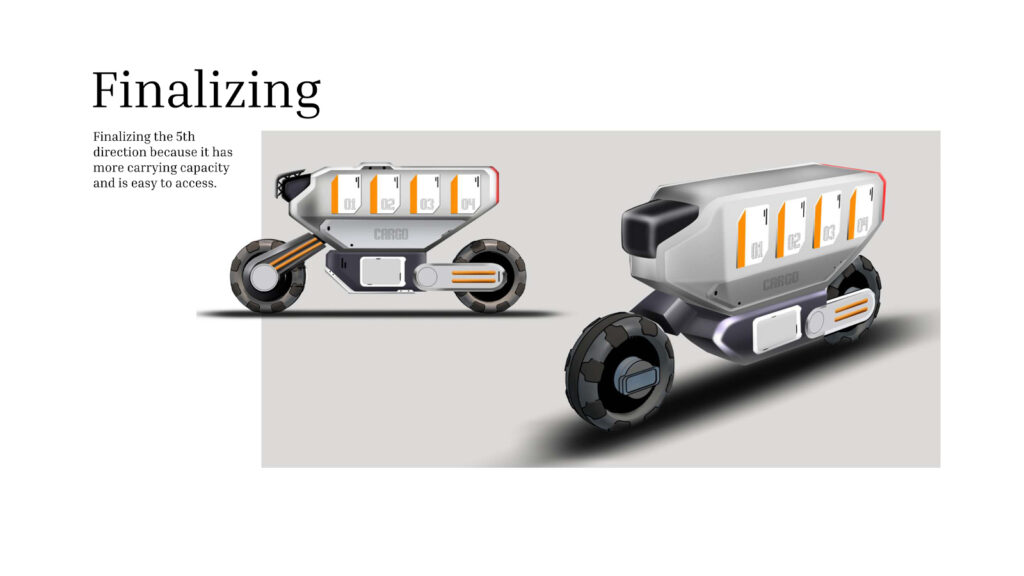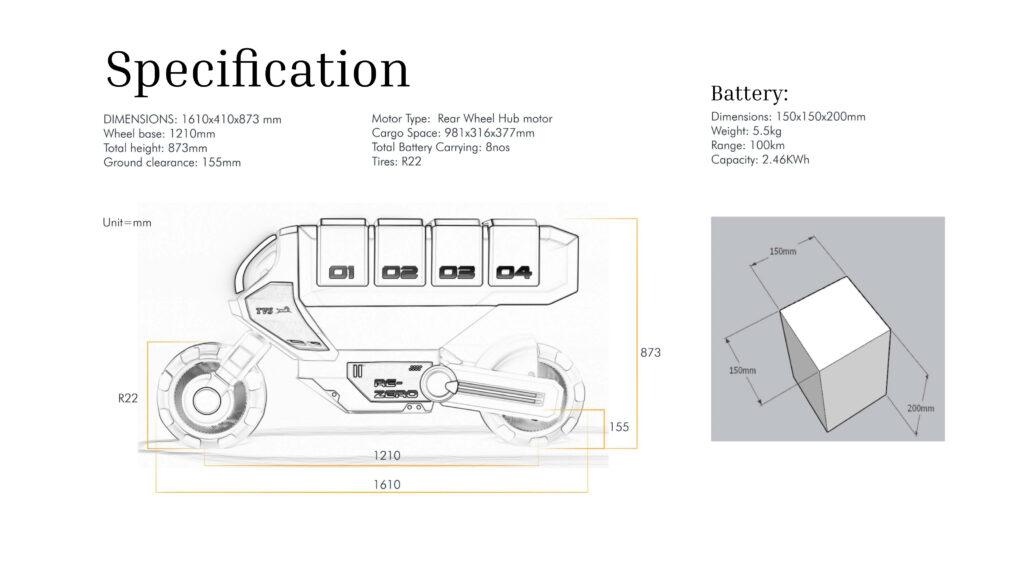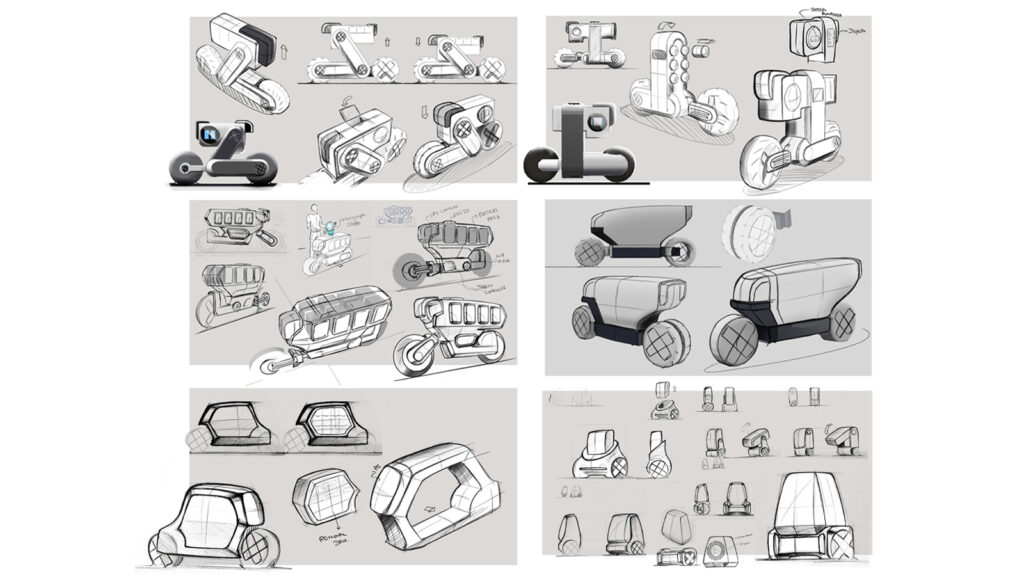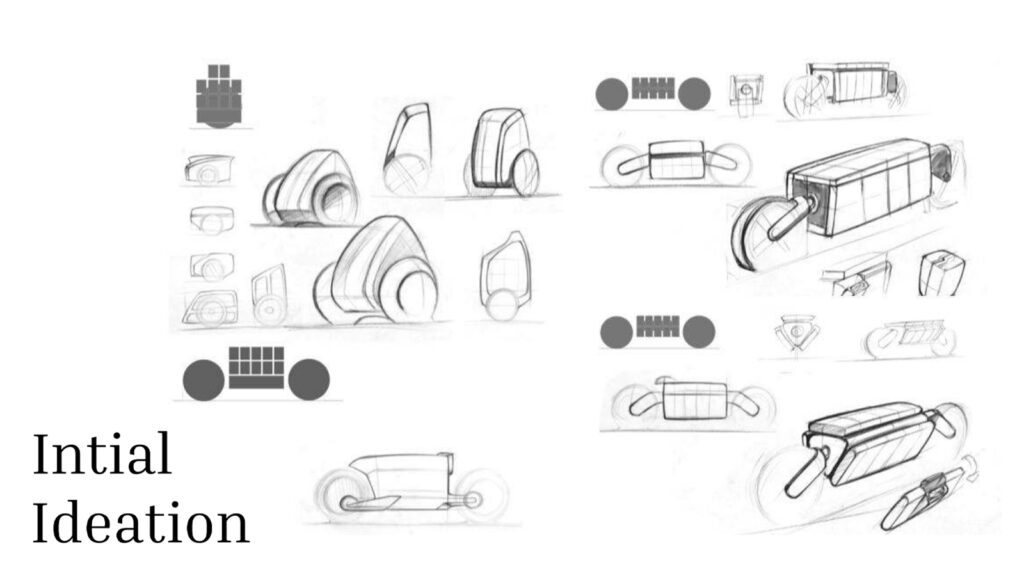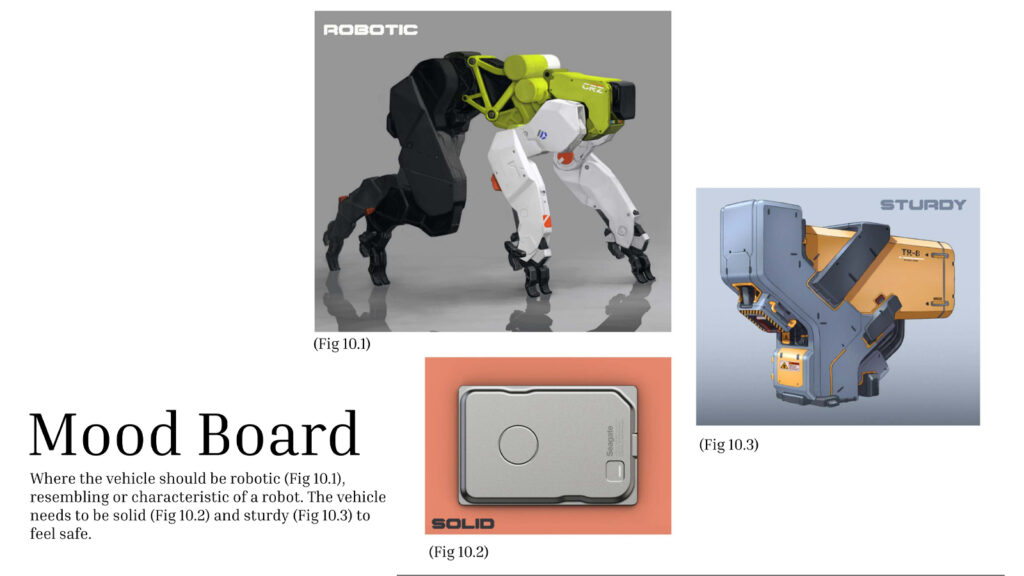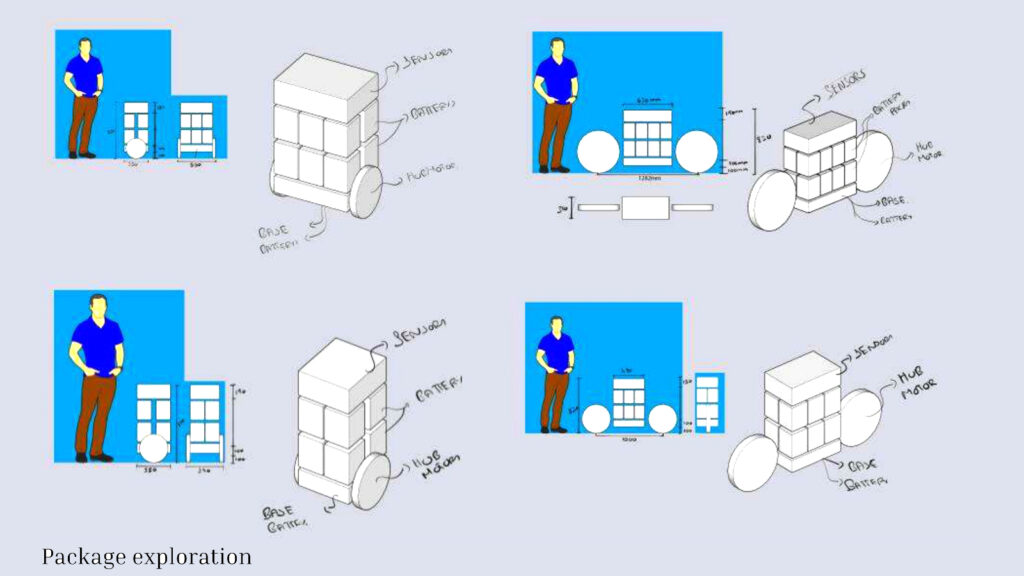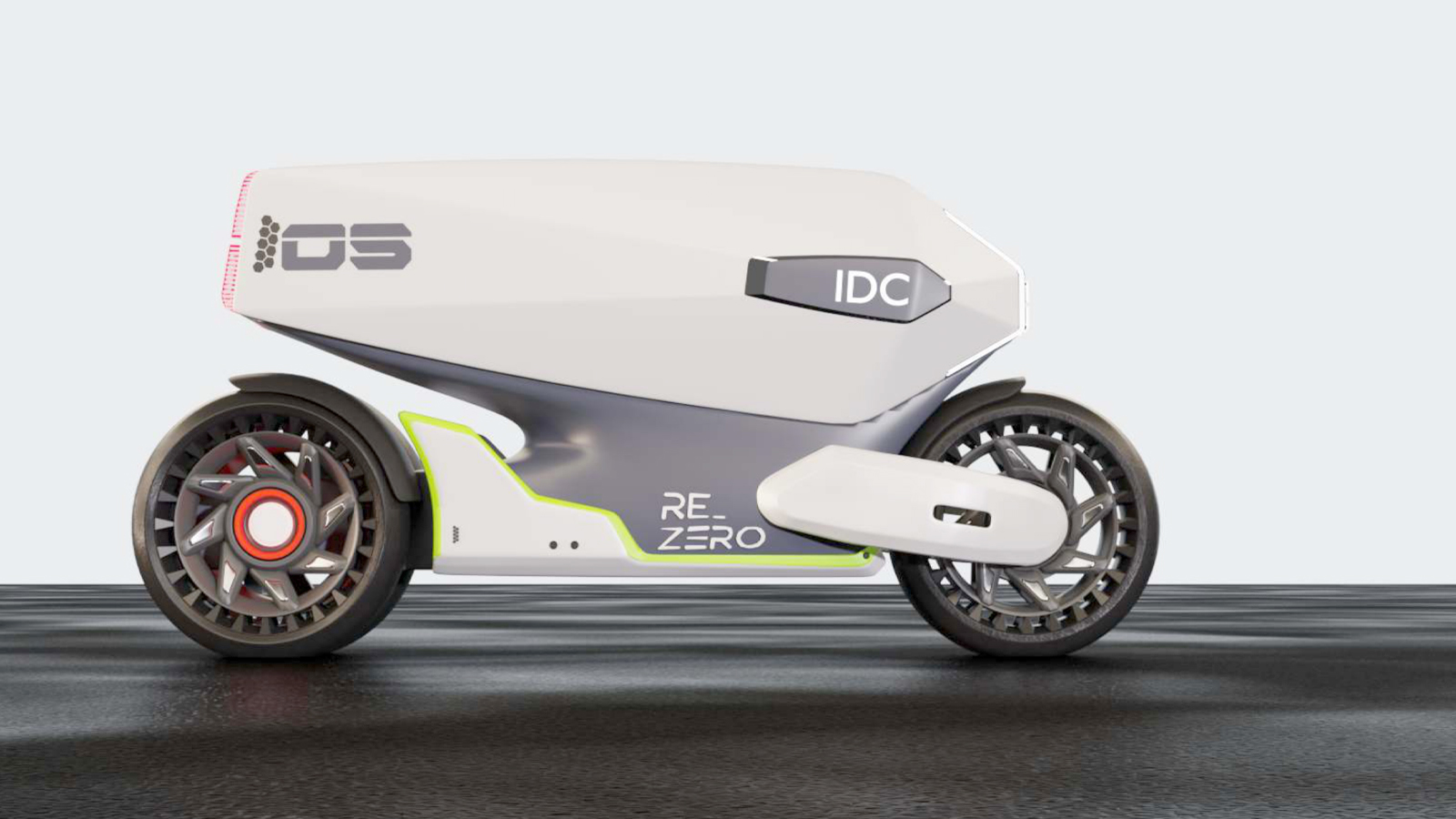Two-thirds of the world’s population is expected to live in cities by the year 2050, making transport and pollution serious concerns even in developing countries like India. While electric vehicles are likely to become the norm by then, setting up charging stations in densely populated cities is very difficult due to city space constraints.
Thanks to a battery swap scheme introduced in Feb 2022, customers in India can now buy electric vehicles and lease batteries from a nearby energy operator. Soon, a universal standard for electric vehicle batteries is likely to be established – a standard followed by all EV manufacturers. But with the rising speed of local transport constantly at odds with available spaces in cities, future generations are unlikely to have the luxury to visit energy stations or wait for their batteries to charge fully after each use.
Solutions for the same can be in various forms, including the possibility of an autonomous mobility solution that can carry power sources to people on demand. We are already more inclined towards digital and online platforms for ordering products in daily life, than to go out and purchase what we need. From a novel to a bag of table salt, we can get products delivered in under an hour to our doorsteps. Why not eliminate the need for large, crowded charging stations in cities, with a system that allows people to call for a swappable battery for their electric vehicles.
One part of the system would be an autonomous two-wheeler, that is solid and interactive with its users. It would have a small footprint, be easy to maneuver in city traffic, and be agile to deliver the battery within the expected time to the user, while maximising the number of batteries it carries, for multiple users.
Submitted by: Santhanakrishanan Durairaj, MDes (2020-22), IIT Bombay
Guided by: Prof. Sugandh Malhotra Co Guided by: Rupesh Arvindakshan (TVS Motors Ltd.)

